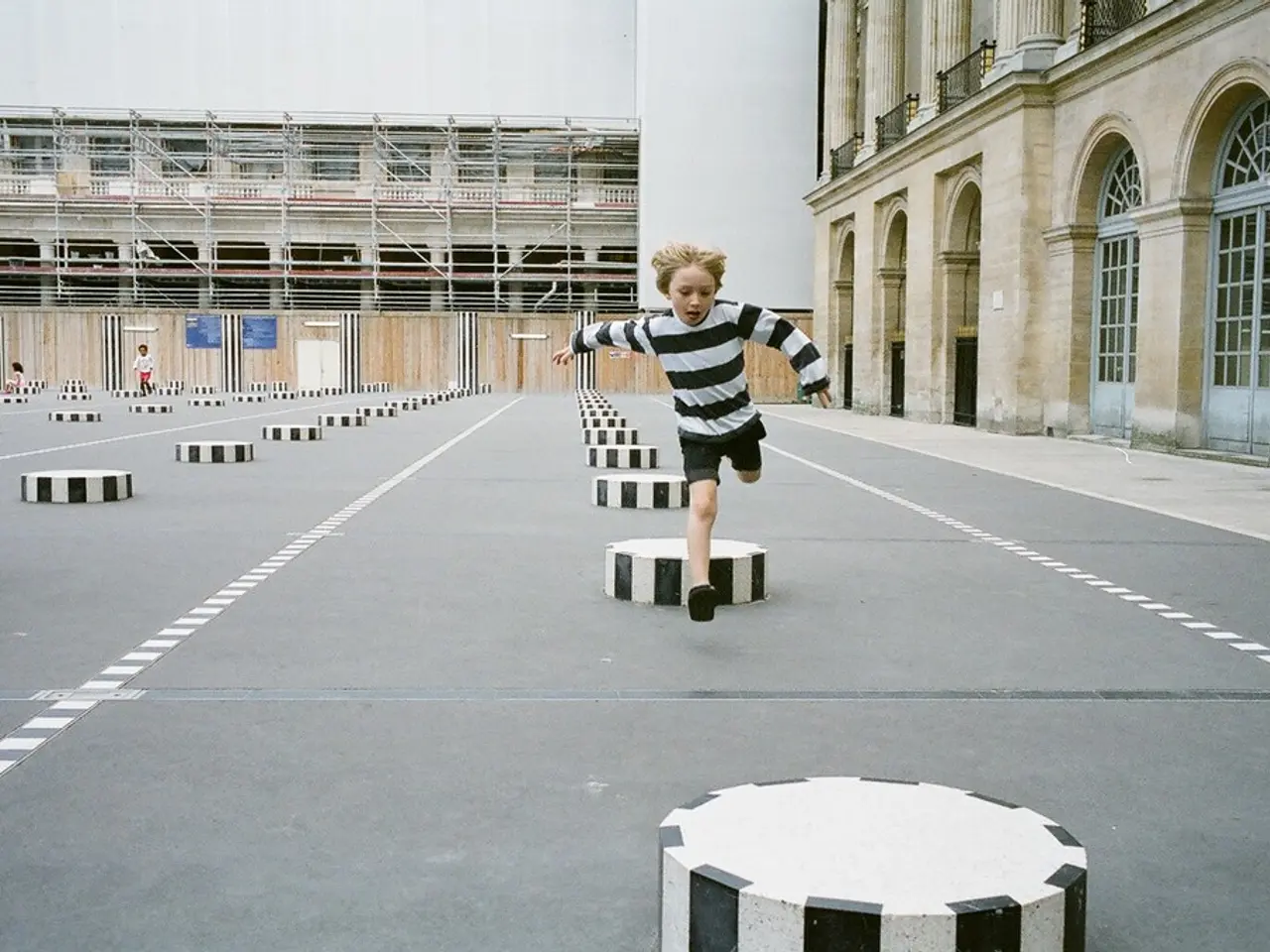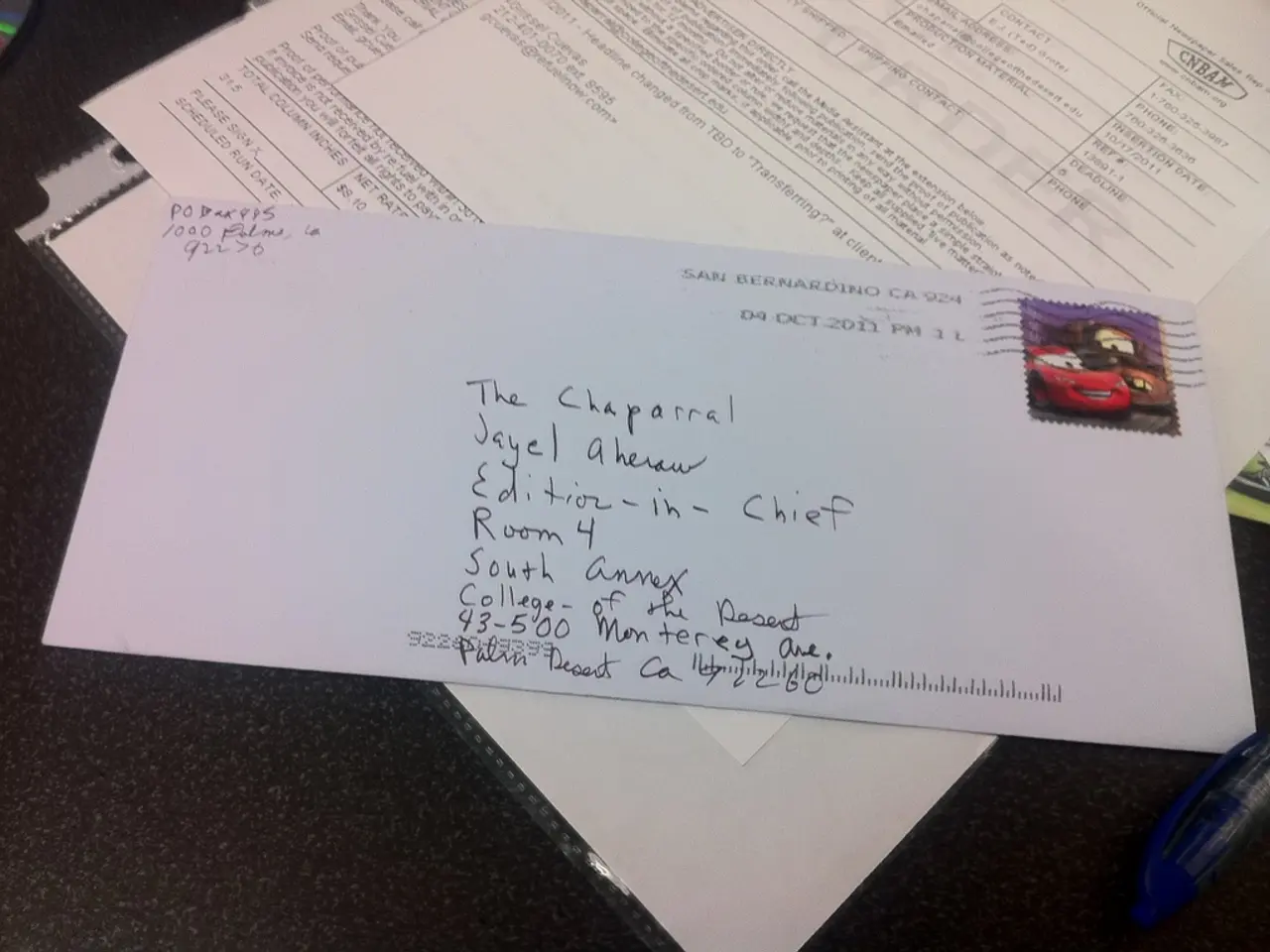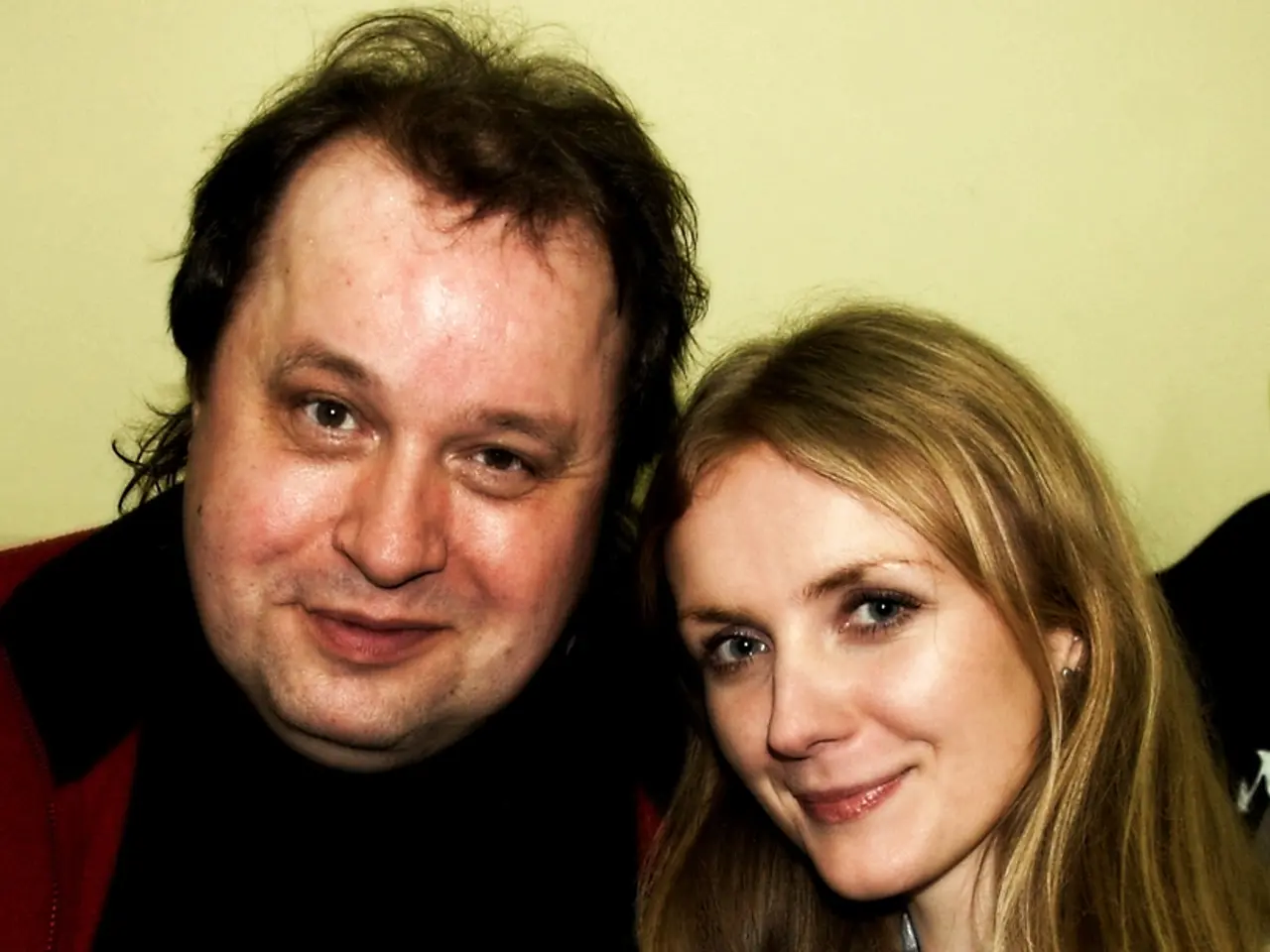Significant Achievements in Early Childhood Development: What Warrants Attention
In the journey of nurturing a child, understanding their developmental milestones and providing activities that foster growth in physical, cognitive, social, and emotional aspects is crucial. BBMA, a leading childcare provider, offers personalised insights and guidance based on a child's age and developmental profile through developmental consultations with experts.
For infants (0-12 months), developmental milestones include physical achievements such as lifting their head while on their stomach, sitting up with support, crawling, and rolling. Cognitive milestones include recognising familiar faces, understanding cause and effect, and imitating sounds. Social and emotional milestones include smiling at people, showing affection for familiar ones, and displaying separation anxiety. At home, parents can support their infants through play time with toys that make sounds when moved, tummy time to strengthen neck and back muscles, and sensory play with different textures and colours.
As children grow into toddlers (1-2 years), they begin to walk independently, point to body parts, and use cups. Cognitive milestones include imitating actions, solving simple puzzles, and understanding object permanence. Social and emotional milestones include playing alongside others, showing affection, and experiencing tantrums. Parents can engage their toddlers through interactive games like pat-a-cake and peek-a-boo, sensory play with playdough or water, and encouraging imitation of actions like waving goodbye.
Children in the twos (2-3 years) stage develop physical skills such as running, kicking a ball forward, and using utensils. Cognitive milestones include following simple instructions, identifying shapes, and showing an interest in books. Social and emotional milestones include showing independence, having imaginary friends, and using basic language. At home, parents can foster development through story time, play with blocks, and dress-up play.
Threes (3-4 years) experience significant growth in physical skills, including climbing, balancing, and using scissors. Cognitive milestones include counting objects, identifying colours, and solving simple puzzles. Social and emotional milestones include engaging in cooperative play, expressing emotions with words, and showing empathy. Arts and crafts, physical play, and role-playing can help support development at this age.
Fours (4-5 years) stand at the threshold of formal education. Physical milestones include pedaling a tricycle, throwing a ball overhand, and developing handwriting readiness. Cognitive milestones include speaking in complex sentences, telling detailed stories, understanding number concepts up to 10, recognising some letters, and asking thoughtful questions. Social and emotional milestones include developing close friendships, resolving conflicts with less adult help, following rules and understanding fairness, and distinguishing fantasy from reality. Outdoor activities, educational games, and social interactions can help support development at this age.
BBMA's program encourages cooperation, communication, creativity, self-expression, and collaboration skills through interactive learning centres, early literacy and math activities, creative arts opportunities, group projects, and guidance in friendship skills. They monitor and support developmental progress through ongoing observation and documentation of each child's progress, individualised learning plans, regular parent communications, intentional classroom environments designed for age-appropriate skill building, differentiated instruction, and early identification of potential concerns.
By understanding these milestones and engaging in supportive activities, parents can help their children flourish in all developmental areas. Simple, powerful ways to support development across all ages include reading together daily, talking throughout the day, providing plenty of physical activity, limiting screen time, following a child's lead, and creating consistent routines.
Early intervention, when needed, can make a significant difference in a child's development. Certain signs might indicate the need for additional support, including not responding to sounds or their name, not making eye contact or sharing smiles, not babbling, not reaching for or grasping objects, not walking independently, not using at least 15-20 words, not imitating actions or words, loss of previously acquired skills, speech that is difficult to understand, significant difficulty interacting with other children, inability to engage in pretend play, extreme difficulty with transitions or changes in routine, and loss of previously acquired skills.
BBMA invites parents to schedule a visit to their local centre to learn more about how they can support their child's developmental journey.
- BBMA's developmental consultations for preschool-aged children focus on child development milestones, such as following simple instructions, identifying shapes, expressing emotions with words, and engaging in cooperative play.
- Parent communication is vital in supporting child development, and BBMA encourages this through individualised learning plans, regular parent communications, and intentional classroom environments designed for age-appropriate skill building.
- In addition to BBMA's program, education-and-self-development can be fostered at home through activities like story time, arts and crafts, and physical play, all of which help children develop creativity, self-expression, and motor skills.
- Recognising potential early signs of developmental concerns, such as not responding to sounds or their name, not walking independently, and not using at least 15-20 words, can help parents seek early intervention, which, when needed, can make a significant difference in a child's development.




